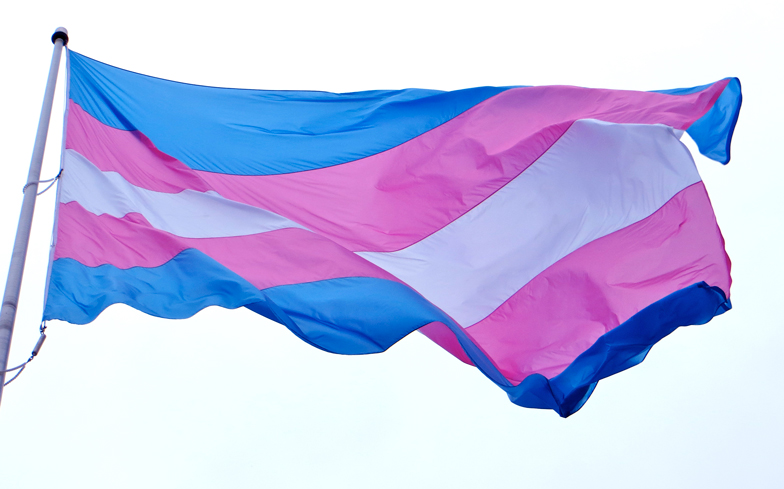The court struck down a colonial-era law, saying it was from a “different time.”
The Caribbean Court of Justice has struck down a colonial-era law, dating back to 1893, that banned people from cross-dressing in Guyana. The legal challenge came from four transwomen who were convicted of “crossing-dressing in public” back in 2009.
Making their ruling, the court said that the law “was from a different time and no longer served any legitimate purpose in Guyana,” adding that it was “unconstitutionally vague, violated the appellants’ right to protection of the law and was contrary to the rule of law.”
The court also added to their ruling that “the law resulted in [transgender] and gender nonconforming persons being treated unfavourably by criminalising their gender expression and gender identity.”
They also criticised the punishment given to the transwomen, each of them were fined $100 each, and told to “go to church and give their lives to Jesus Christ.”
The Honourable Mr. Justice Adrian Dudley Saunders, one of the judges on the panel, continued in the ruling, saying: “Law and society are dynamic, not static. A Constitution must be read as a whole. Courts should be astute to avoid hindrances that would deter them from interpreting the Constitution in a manner faithful to its essence and its underlying spirit.
“If one part of the Constitution appears to run up against an individual fundamental right, then, in interpreting the Constitution as a whole, courts should place a premium on affording the citizen his/her enjoyment of the fundamental right, unless there is some overriding public interest.”
Homosexuality is still illegal in Guyana under sections 352, 353, 354 and 355 of the Criminal Law (Offences) Act. Punishments range from two years in prison to life imprisonment, however these laws are not usually enforced.
Many are calling for Guyana to strike down its anti-gay laws, with even its president, David A. Granger, saying in 2016: “I am prepared to respect the rights of any adult to indulge in any practice which is not harmful to others.”
However, even though there’s support from the president and the two largest political parties in the country, there has been no governmental effort to take steps toward decriminalisation.





